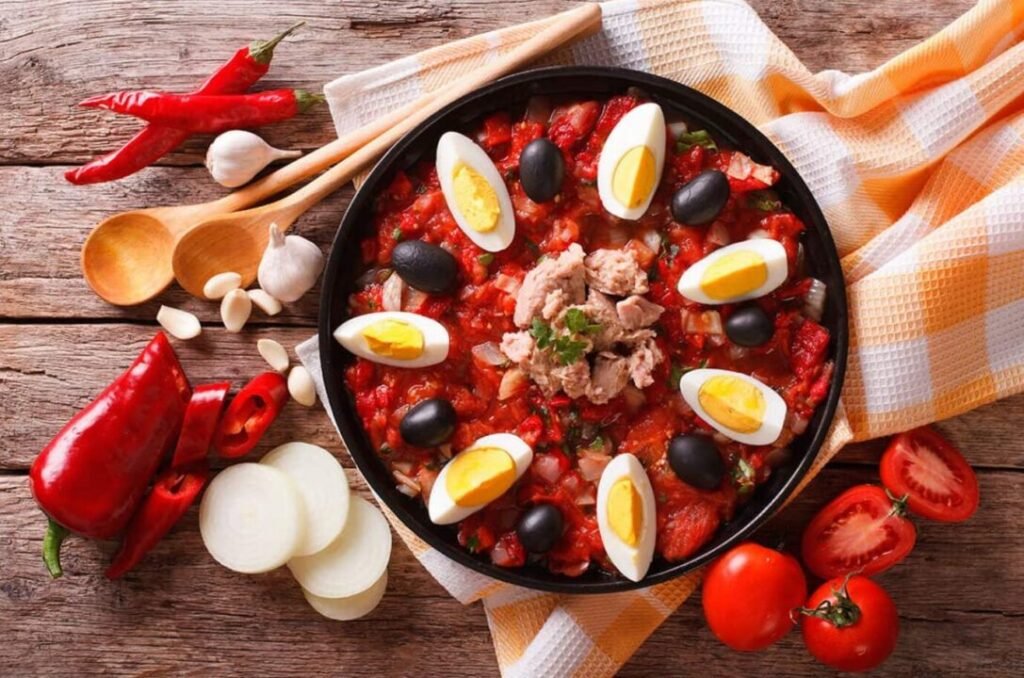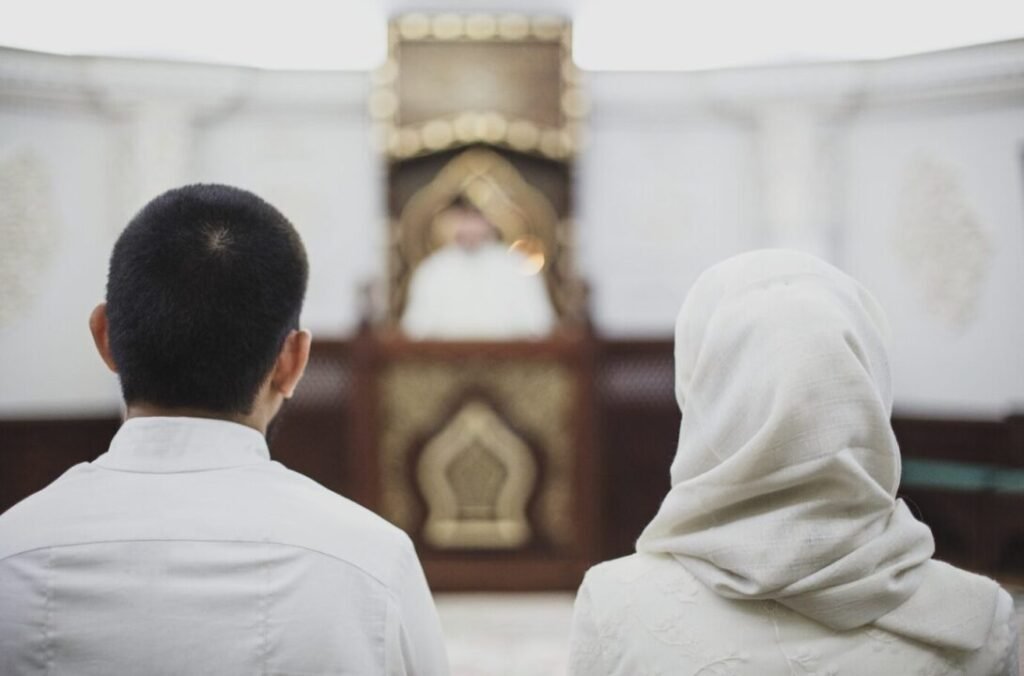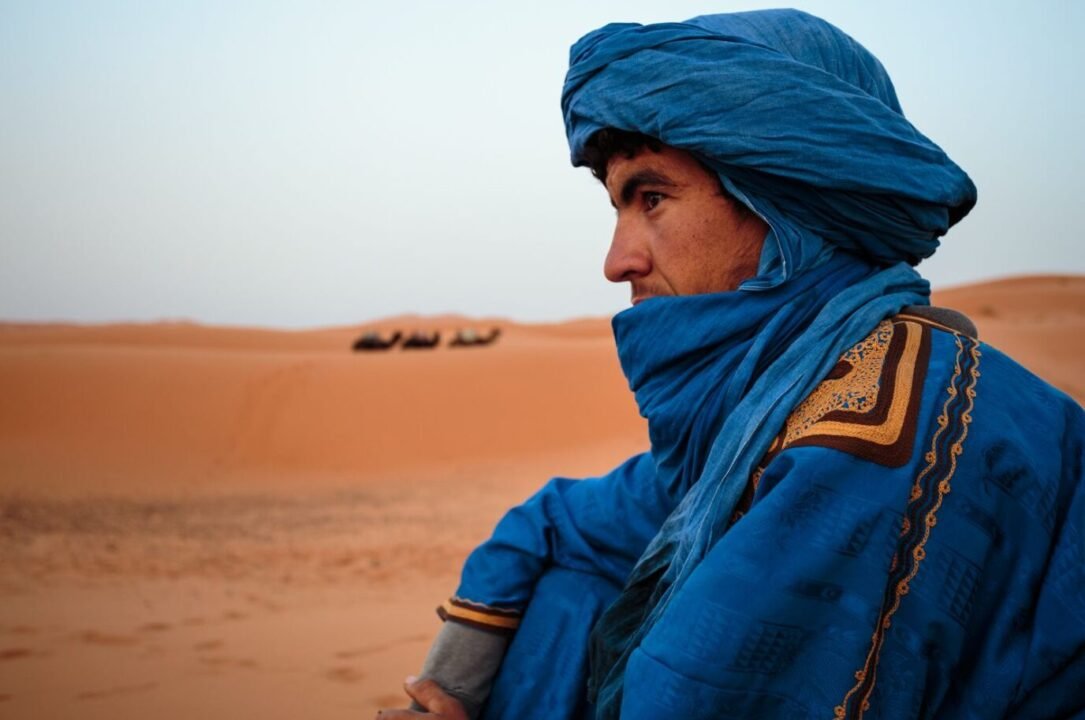You’re familiar with Tunisia’s famed beaches and ancient ruins, but have you ever considered the cultural tapestry woven by indigenous Berber roots or the transformative impact of the Arab Spring?
Tunisian society is an intriguing blend of traditions, influenced by a myriad of historical events and cultural intersections.
From the linguistic fusion of Arabic with local dialects, to the nation’s dedication to a greener future through renewable energy projects, there is a wealth of knowledge to uncover.
Ready to start on an enlightening journey beyond the typical tourist itinerary?
Tunisia’s Indigenous Berber Roots
Peeling back the layers of Tunisia’s colorful tapestry, you’ll encounter the deep-seated Berber roots that have greatly influenced the nation’s cultural and historical landscape.
This indigenous group, known for their unique Berber Artistry, has had a significant impact on Tunisian society. Their traditional art forms, characterized by intricate geometric designs, from pottery to textiles, are a reflection of their rich heritage.
One can’t discuss Berber Artistry without mentioning Traditional Berber Clothing. You’ll find these garments steeped in history and symbolism. Women’s attire often includes vibrantly colored dresses adorned with symbolic motifs, while men sport baggy trousers and loose tunics.
Each piece, handcrafted with precision, tells a story of the Berber people’s resilience, creativity, and deep respect for their ancestry.
Arabic Influence on Local Language
In addition to the Berber roots, you’ll find a profound Arabic influence in Tunisia, particularly evident in the local language, which seamlessly merges the dialects of these two cultures.
This dialect diversity paints a vibrant linguistic canvas, reflecting a rich blend of cultural influences.

Tunisia’s local language is a form of Tunisian Arabic, also known as Derja, which incorporates a variety of Berber, French, and Italian words, together forming a unique dialect.
Arabic calligraphy, another stunning proof of the Arabic influence, adorns many public spaces and documents. It’s an art form that intertwines language and aesthetics, adding a touch of beauty to the written word.
These manifestations of Arabic influence greatly contribute to Tunisia’s cultural richness.
The Significance of Olive Oil
Have you ever considered the profound impact of olive oil on Tunisian culture?
It’s an integral part of their everyday life and a proud symbol of their heritage.
Olive oil exportation is a significant contributor to Tunisia’s economy, marking the country as one of the world’s top exporters.
This golden liquid isn’t just a cooking ingredient; it’s a reflection of Tunisia’s commitment to quality and tradition.
Additionally, Tunisians highly value olive oil for its health benefits.
It’s rich in antioxidants and heart-healthy fats, promoting longevity and wellbeing.
This deep-rooted reverence for olive oil extends beyond the kitchen, permeating Tunisian rituals, healthcare, and even beauty regimens.
Essentially, olive oil is more than a commodity; it’s a cultural emblem of Tunisia.
Exploring Tunisian Cuisine
Exploring Tunisian cuisine, you’ll uncover a rich tapestry of flavors, infused with the country’s cultural heritage and its prized olive oil. Intricate spice blends give dishes a unique depth and complexity.
You’ll encounter fiery harissa, fragrant cumin, and earthy coriander, all mingling together in harmonious unison.
Traditional Tunisian dishes are the epitome of comfort food, with hearty stews like lablabi and couscous, and delicious finger foods like brik, a savory pastry.

Tunisians have a sweet tooth too, evident in their traditional desserts. You’ll savor the delectable makroud, a date-filled semolina cookie, and the honey-drenched baklava.
Each bite you take is a journey through centuries of culinary tradition. So, brace yourself for a gastronomic adventure like no other, as you explore further into Tunisian cuisine.
The Impact of The Arab Spring
Stepping away from the flavorful delights of Tunisian cuisine, let’s explore the profound socio-political changes brought about by the Arab Spring in Tunisia.
The Spring Aftermath was a period of tumultuous upheaval, sparking a significant wave of protests that led to the ousting of longtime President Zine El Abidine Ben Ali in 2011.
These events marked the beginning of Tunisia’s Democratic Evolution. The nation’s collective effort to establish a more equitable political system has been a beacon of hope in an often troubled region.
Despite the challenges, you’ll see that Tunisians have shown remarkable resilience. They’ve embraced change, enacting progressive legislation, and fostering a more open society.
The Arab Spring, while disruptive, has indeed molded Tunisia into a leading example of democratic reform in North Africa.
Tunisia’s Strong Education System
While bearing witness to Tunisia’s political transformation, it’s equally important to shed light on the nation’s robust education system, which plays a vital role in shaping its sociocultural landscape.
You’ll be pleased to know that literacy rates in Tunisia are among the highest in the region, a proof of the country’s educational policies.
Your curiosity might lead you to ask, ‘What makes Tunisia’s education system stand out?’ Well, it’s a blend of the government’s dedication to education, a well-rounded curriculum that caters to all learners, and an unwavering focus on teacher training.
This impressive system is a cornerstone, not just for the nation’s development, but for the formation of an enlightened and progressive society.
It’s clear that Tunisia’s strong education system is a beacon of inspiration for other emerging nations.
The Role of Women in Society
Often overlooked, the role of women in Tunisian society is a dynamic and integral part of the country’s cultural fabric, with their influence felt across various sectors, from politics to education.
Women’s rights have been progressively expanding, bolstering female empowerment and social inclusivity.
You’ll find a significant number of women in the workforce, many holding prominent positions in business and politics.

Tunisia’s constitution, for instance, mandates gender equality, a notable achievement in the region. There’s also a strong emphasis on women’s education, with equal access to schooling and universities.
Additionally, women’s organizations have been vocal in pushing for reforms, challenging traditional norms and advocating for a society where women can fully participate and excel.
Tunisia’s Unique Wildlife
Just as the role of women is integral to Tunisia’s societal fabric, the country’s unique wildlife forms an equally vibrant part of its natural heritage.
You’ll discover endangered species like the Mediterranean monk seal and Barbary macaque, both intensely relying on conservation efforts to survive. These creatures, emblematic of Tunisia’s biodiversity, face the threat of habitat loss and climate change.
Conservation organizations work tirelessly to protect these species and their habitats. They’re reintroducing native plants, educating locals, and promoting sustainable practices.
You’d be amazed to see how Tunisia’s wildlife isn’t just a marvel to behold, but also a symbol of the nation’s commitment to preserving its rich biodiversity.
Media and Freedom of Speech
Shifting gears to the domain of communication, you’ll find that Tunisia’s media landscape and freedom of speech present a fascinating picture of the country’s cultural dynamics.
Amid the transformations post-Arab Spring, Tunisia has seen an increase in media diversity and independence. However, press censorship isn’t entirely eradicated. There are instances of state interference in media outlets, leading to self-censorship among journalists.
Remarkably, the power of digital activism is coming into play in Tunisia. Citizens are utilising social media platforms to voice their concerns, demand transparency, and promote free speech.
The Internet’s role as a democratic space is intensifying, where Tunisians can challenge restrictions and actively engage in their nation’s discourse.
Therefore, Tunisia’s media and free speech reflect a complex, evolving narrative.
Tunisia’s Renewable Energy Ventures
Stepping into the sphere of environmental resilience, you’ll see that Tunisia is making considerable strides in the domain of renewable energy.
Harnessing its abundant solar potential, the country is investing heavily in photovoltaic projects, aiming to generate 30% of its electricity from renewable sources by 2030.
You’ll find the sun-drenched landscapes dotted with solar panels, transforming the scorching heat into a resource.

Venture to the northern regions, and you’ll encounter towering wind farms.
These renewable powerhouses harness the gusty winds that sweep across the country’s terrain. It’s a reflection of Tunisia’s dedication to sustainable energy practices.
As you explore further into Tunisia’s renewable energy ventures, you’ll discover a nation committed to a greener future, embracing the power of sun and wind.
The End
So, you’ve dived into the heart of Tunisia.
You’ve grasped its indigenous roots, tasted its cuisine, and observed its political shifts.
You’ve appreciated the role of Tunisian women, marveled at its unique wildlife, and acknowledged its media freedom.
You’ve seen their commitment to renewable energy.
This is Tunisia beyond the tourist lens – a resilient, evolving nation steeped in tradition and forward-thinking.
It’s not just a destination, it’s a narrative of cultural richness and sustainable progress.
